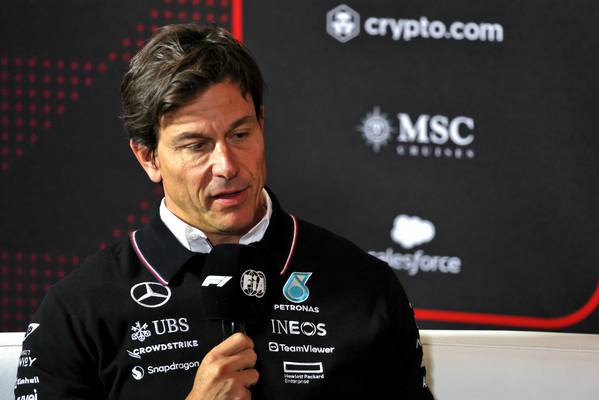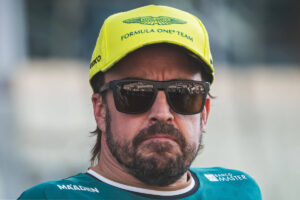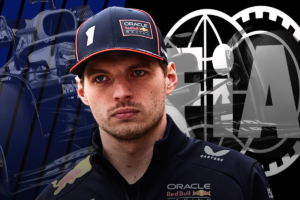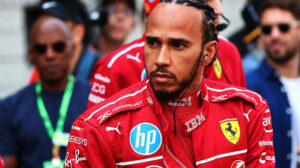BREAKING: Toto Wolff on angry radio messages of Hamilton and Rosberg: ‘They were… Read More.

Toto Wolff on angry radio messages of Hamilton and Rosberg: ‘They were… Read More.
Toto Wolff, the team principal and CEO of Mercedes, recently reflected on the intense rivalry between Lewis Hamilton and Nico Rosberg during their time as teammates from 2014 to 2016. This period, which saw Mercedes dominate Formula One following a major regulation change, was marked by heated exchanges and fierce competition between the two drivers, who were consistently vying for the championship title.
The rivalry between Hamilton and Rosberg was one of the most memorable in the sport’s history, with Hamilton winning the world championship in 2014 and 2015, while Rosberg managed to clinch the title in 2016 before unexpectedly retiring. The tension between the two drivers often boiled over during races, leading to high-tempered radio messages and post-race confrontations.
Wolff drew a parallel between these past experiences and a recent incident involving Max Verstappen, who faced criticism for the way he spoke to his race engineer, Gianpiero Lambiase, during the Hungarian Grand Prix. Wolff noted that he had dealt with similar situations when Hamilton and Rosberg were racing for Mercedes, emphasizing that such incidents are not uncommon when drivers are under immense pressure.
According to Wolff, the rivalry between Hamilton and Rosberg was particularly intense because the margin between victory and second place was often very slim. This pressure sometimes led to harsh words being exchanged over the team radio, with drivers venting their frustrations. Wolff explained that while it is natural for drivers to express their frustrations, there is a line that should not be crossed. He revealed that he had saved some of the more unpleasant team radio messages from that time and later played them back to Hamilton and Rosberg, who were shocked by their own words. This exercise was meant to remind them of the importance of maintaining respectful communication within the team.
Wolff further highlighted that he would ask the drivers if the team had ever criticized them in the same harsh manner when they made mistakes on the track. This was to emphasize that mutual respect and professionalism are crucial, even in the heat of competition. He believed that it was important for the drivers to learn from these experiences and improve their communication.
Reflecting on the past, Wolff acknowledged that both Hamilton and Rosberg were relatively young at the time, which may have contributed to their emotional reactions. He suggested that their age and the intense pressure of competing for the championship made it somewhat understandable that they occasionally used the team as a sounding board for their frustrations.
In essence, Wolff’s comments offer insight into the challenges of managing a top Formula One team, particularly when dealing with two highly competitive drivers. The rivalry between Hamilton and Rosberg, while intense, ultimately pushed both drivers to their limits and contributed to Mercedes’ dominance in the sport during those years. Wolff’s approach to handling these situations, by addressing them head-on and fostering a culture of respect within the team, was key to maintaining a cohesive unit despite the fierce competition.





